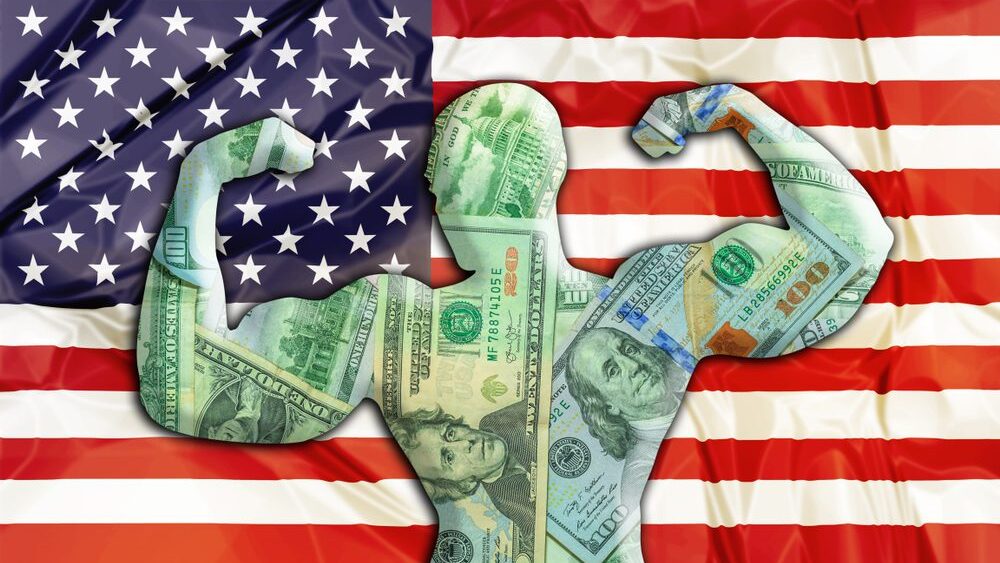
Death from Above, Death from Below
The vitalistic rhetoric of market competition is always balanced against ‘small-town values’ by the American Right.

The vitalistic rhetoric of market competition is always balanced against ‘small-town values’ by the American Right.

Finnish unions threaten to strike in February over government cuts to social benefits. They forget the massive, destructive government growth that took place 15 years ago.

EU’s foreign and security policy think tank predicts voting patterns based on issues—not party loyalties.

European central banks agree that inflation may bump up again in 2024. But their explanations for this are oddly incongruent. What is really going on here?

With bankruptcies rising sharply and major companies cutting jobs, Germany’s economic future looks bleak.

The doom-and-gloom pundits are wrong. The U.S. economy is in good shape, but there are three dark clouds lurking on the horizon.

A year from the 2024 election, commentators battle each other over the state of the U.S. economy. We go beyond the punditry. We have the facts.

CBDC is a paradox: it is a money based solely on trust that is structurally set up to destroy that trust. If people lose trust in the currency, the government would lose any control it had over the economy.

Instead of 0.4% growth, Germany will likely end the year with a 0.4% contraction, with independent projections predicting even worse figures.

The twin villains of high inflation and high unemployment have not left Europe. They are just taking a nap under a pile of moderately optimistic economic data.